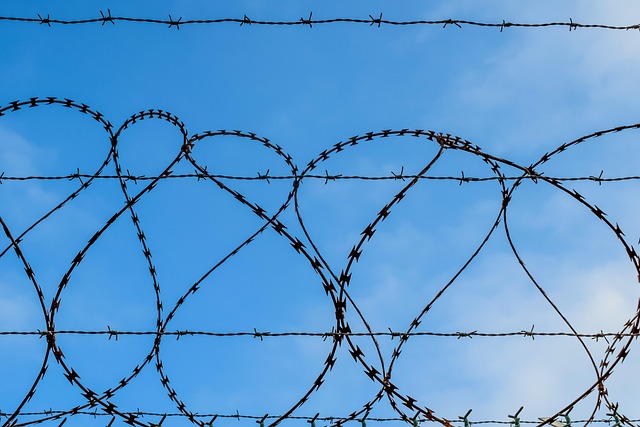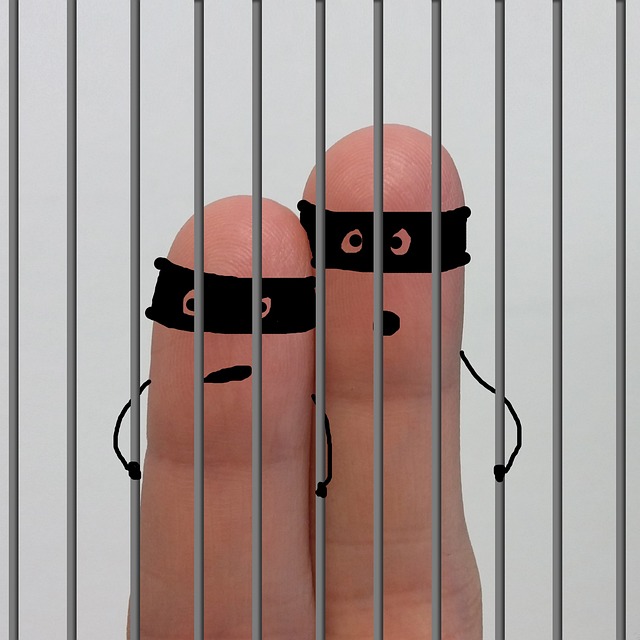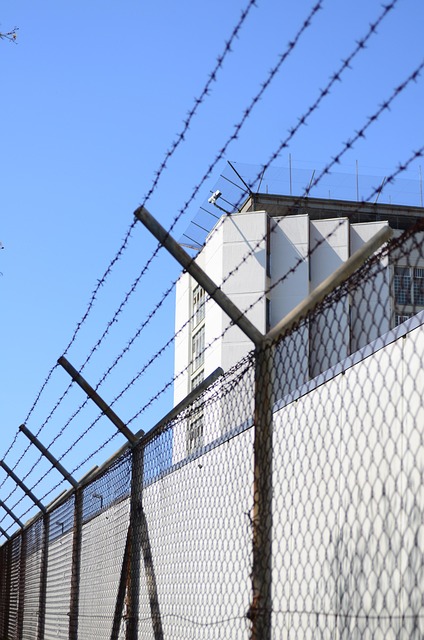Youth Justice prioritizes meeting the unique needs of adolescents within the criminal justice system, focusing on restorative practices and rehabilitation instead of solely punishment. Providing Affordable DUI Legal Services tailored for youth is crucial, as these services offer skilled representation, guide them through legal processes, and empower them to make informed decisions without financial burden, reducing harsh penalties and fostering fairness. Access to such services, especially for underserved communities, helps ensure fair treatment, promotes accountability, and contributes to safer communities by supporting young individuals' growth and reintegration.
“In the pursuit of equitable youth justice, understanding and addressing fair treatment are paramount. This article explores these concepts through the lens of affordable DUI legal services, their impact on young individuals, and the challenges faced in accessing quality representation. We delve into strategies to enhance fairness within the juvenile justice system and showcase success stories highlighting the transformative power of accessible legal aid. Additionally, we chart future directions, emphasizing the need for comprehensive reform to advocate for a more just system.”
- Understanding Youth Justice and Fair Treatment: A Basic Framework
- The Impact of Affordable DUI Legal Services on Young People
- Accessing Quality Legal Representation: Challenges Faced by Youth
- Strategies to Ensure Fair Treatment in the Juvenile Justice System
- Success Stories: How Affordable DUI Services Have Made a Difference
- Future Directions: Advocating for Comprehensive Youth Justice Reform
Understanding Youth Justice and Fair Treatment: A Basic Framework

Youth Justice seeks to ensure that young people are treated fairly within the criminal justice system, recognizing their unique needs and developmental stages. It involves understanding the complexities of adolescence, including impulsive decision-making, limited life experience, and potential vulnerabilities. Fair treatment means applying laws and policies in a way that is age-appropriate, restorative, and focused on rehabilitation rather than solely punishment.
This framework extends to various interactions, from arrest and charging decisions to sentencing and post-release support. For instance, providing accessible Affordable DUI Legal Services tailored for youth can make a significant difference. Such services ensure they understand their rights, offer guidance through the legal process, and help them make informed choices. This approach promotes accountability while fostering personal growth and reintegration into society.
The Impact of Affordable DUI Legal Services on Young People

Access to affordable DUI legal services can significantly mitigate the impact on young people, offering a lifeline in a time of crisis. When faced with the complexities of the legal system and potential life-altering consequences, having skilled representation is invaluable. These services provide an opportunity for young individuals to navigate their options, understand their rights, and make informed decisions without the added burden of financial stress.
By ensuring affordability, more youth can benefit from effective legal defense, potentially reducing lengthy sentences or harsh penalties. This support empowers them to take responsibility for their actions while fostering a sense of fairness and justice. It also encourages a positive path forward, allowing young people to learn from their mistakes without being forever stigmatized by costly legal outcomes.
Accessing Quality Legal Representation: Challenges Faced by Youth

Accessing quality legal representation is a significant challenge for youth, especially when they find themselves in complex legal situations like DUI cases. Many young individuals lack the financial resources to secure affordable legal services, leaving them vulnerable and ill-prepared to navigate the justice system. The cost of hiring private attorneys can be prohibitive, making it difficult for them to exercise their right to counsel.
This disparity is further exacerbated by the unique circumstances surrounding youth, including limited experience, maturity levels, and understanding of their rights. They might not recognize the importance of legal representation or feel intimidated by the legal process, leading to a higher risk of adverse outcomes. However, organizations offering affordable DUI legal services for youths play a crucial role in ensuring fair treatment, providing essential support, and advocating for their rights.
Strategies to Ensure Fair Treatment in the Juvenile Justice System

Ensuring fair treatment within the juvenile justice system is a multifaceted challenge that requires dedicated strategies. One key approach involves providing access to affordable DUI legal services for young people, particularly those from underserved communities. By offering cost-effective representation, these services can empower youth to understand their rights and make informed decisions during interactions with law enforcement and the court system. This proactive measure helps mitigate potential biases and promotes a more equitable process.
Additionally, training and education play a pivotal role in achieving fair treatment. Law enforcement agencies and juvenile court officials should undergo specialized training on implicit biases, cultural competency, and age-appropriate policing techniques. Such training equips them to interact sensitively with young individuals from diverse backgrounds, ensuring their experiences are not marred by unfair prejudice or excessive force. Furthermore, community engagement initiatives can foster trust and collaboration, encouraging open dialogue about justice reform and the unique needs of youth.
Success Stories: How Affordable DUI Services Have Made a Difference

In the realm of youth justice, ensuring fair treatment is paramount, and affordable DUI legal services play a pivotal role in this narrative. Many young individuals find themselves entangled in the legal system due to reckless decisions, often leading to severe consequences. However, with accessible and affordable representation, hope emerges. These services bridge the gap between at-risk youth and proper legal guidance, offering a much-needed lifeline.
Success stories abound, highlighting how these affordable DUI legal services have transformed lives. They provide not only advocacy but also education, empowering young people to make better choices in the future. By addressing DUI cases with compassion and expertise, these services foster a sense of accountability and responsible growth, ultimately contributing to safer communities.
Future Directions: Advocating for Comprehensive Youth Justice Reform

As we look ahead, advocating for comprehensive Youth Justice Reform is paramount to ensuring fair treatment and positive outcomes for young people. One key area for reform is the intersection of youth justice with affordable legal services. Many young individuals, especially those from marginalized communities, face barriers to accessing quality legal representation due to cost. Providing accessible and affordable DUI legal services specifically can make a significant difference in youth cases, empowering them to navigate the justice system effectively.
This includes pushing for innovative funding models, such as public-private partnerships or community-based legal clinics, that can reduce financial burdens on young defendants. Additionally, educating both youth and their families about available legal resources early on can prevent misunderstandings and ensure better outcomes. Comprehensive reform should also address systemic issues within the justice system, promoting alternatives to incarceration and focusing on rehabilitation and reintegration programs. By championing these changes, we can work towards a more equitable Youth Justice system that supports and uplifts young people as they grow and contribute to society.
In conclusion, affordable DUI legal services play a pivotal role in ensuring fair treatment within the youth justice system. By providing accessible and quality representation, these services address critical challenges faced by young people, ultimately fostering more equitable outcomes. As highlighted through success stories, comprehensive reform efforts, including advocacy for expanded legal aid programs, are essential to drive positive change. Moving forward, continuing to advocate for and invest in these services will be instrumental in achieving a more just and compassionate juvenile justice system.






